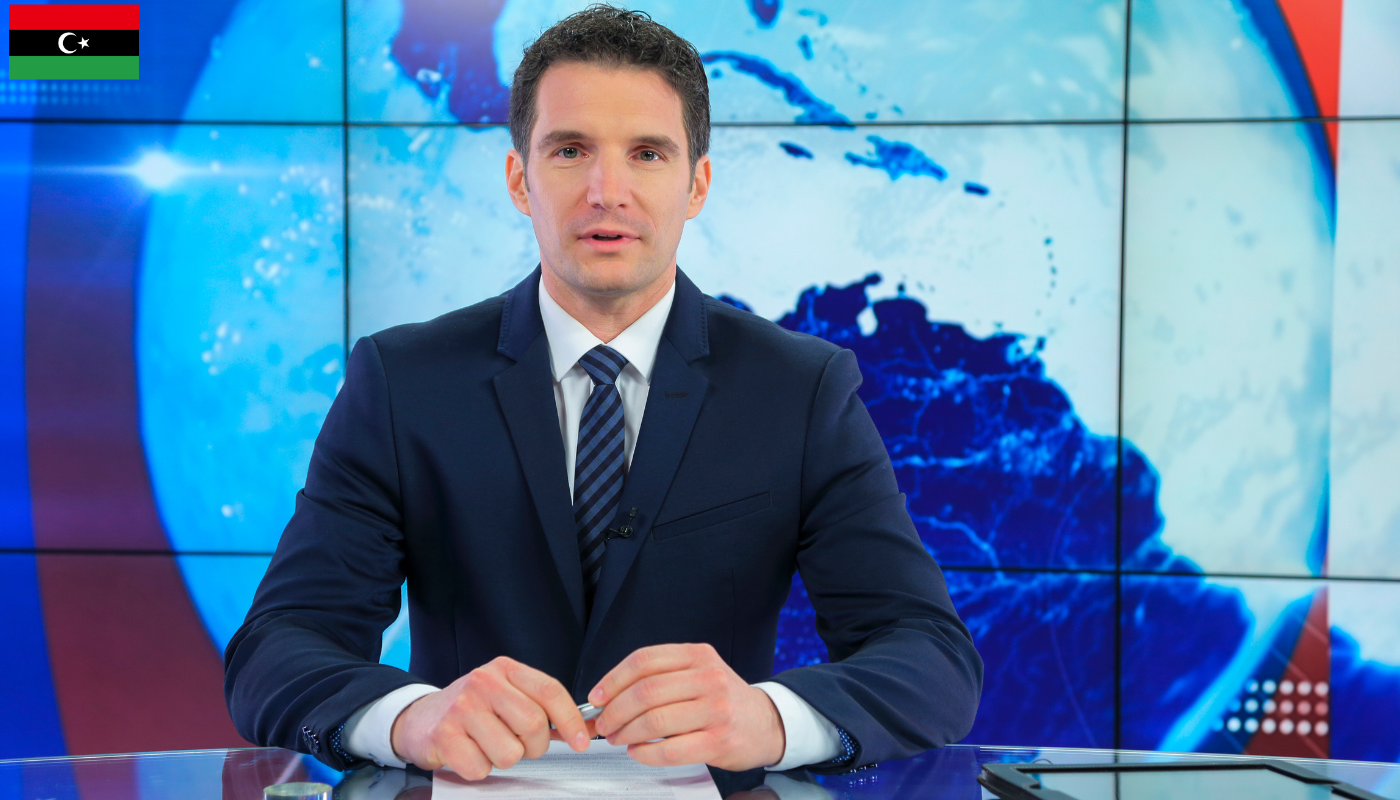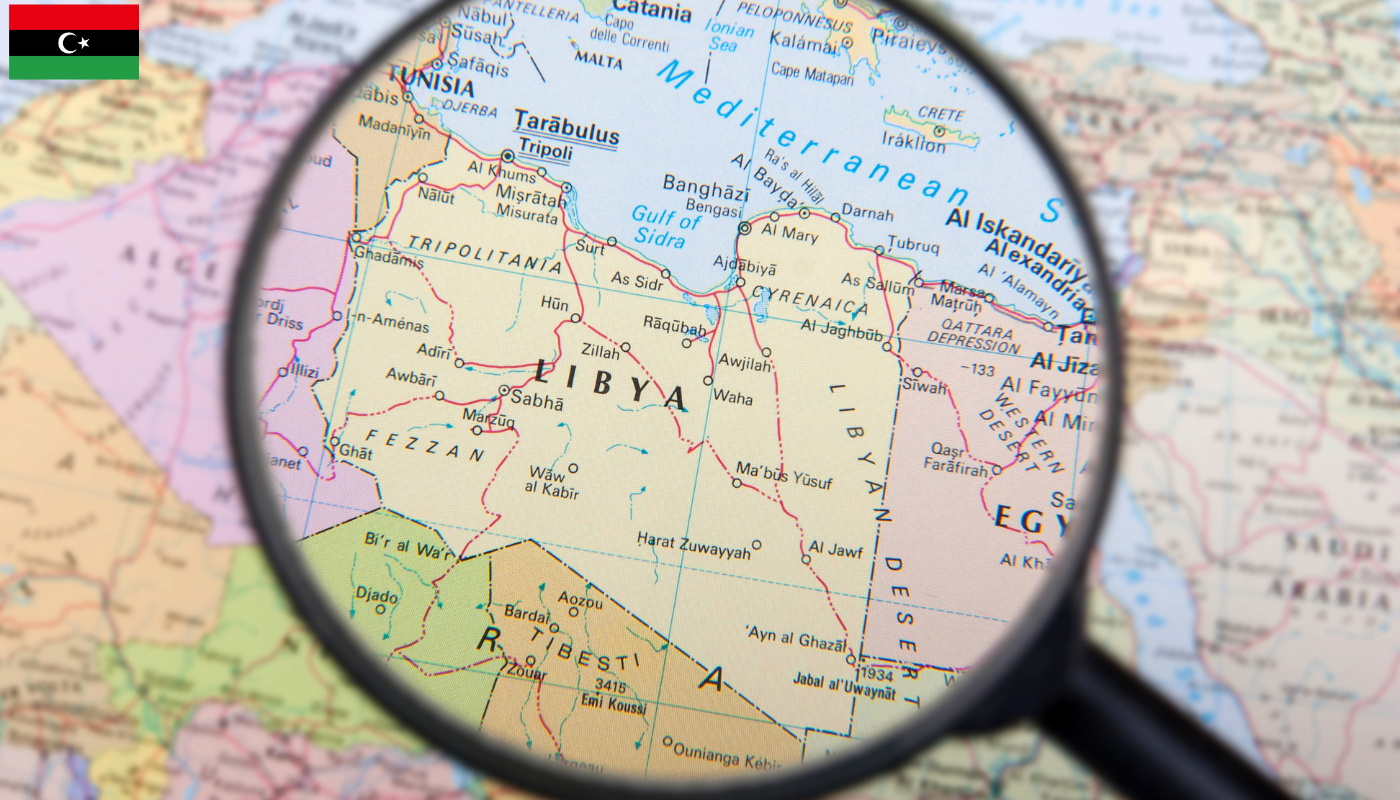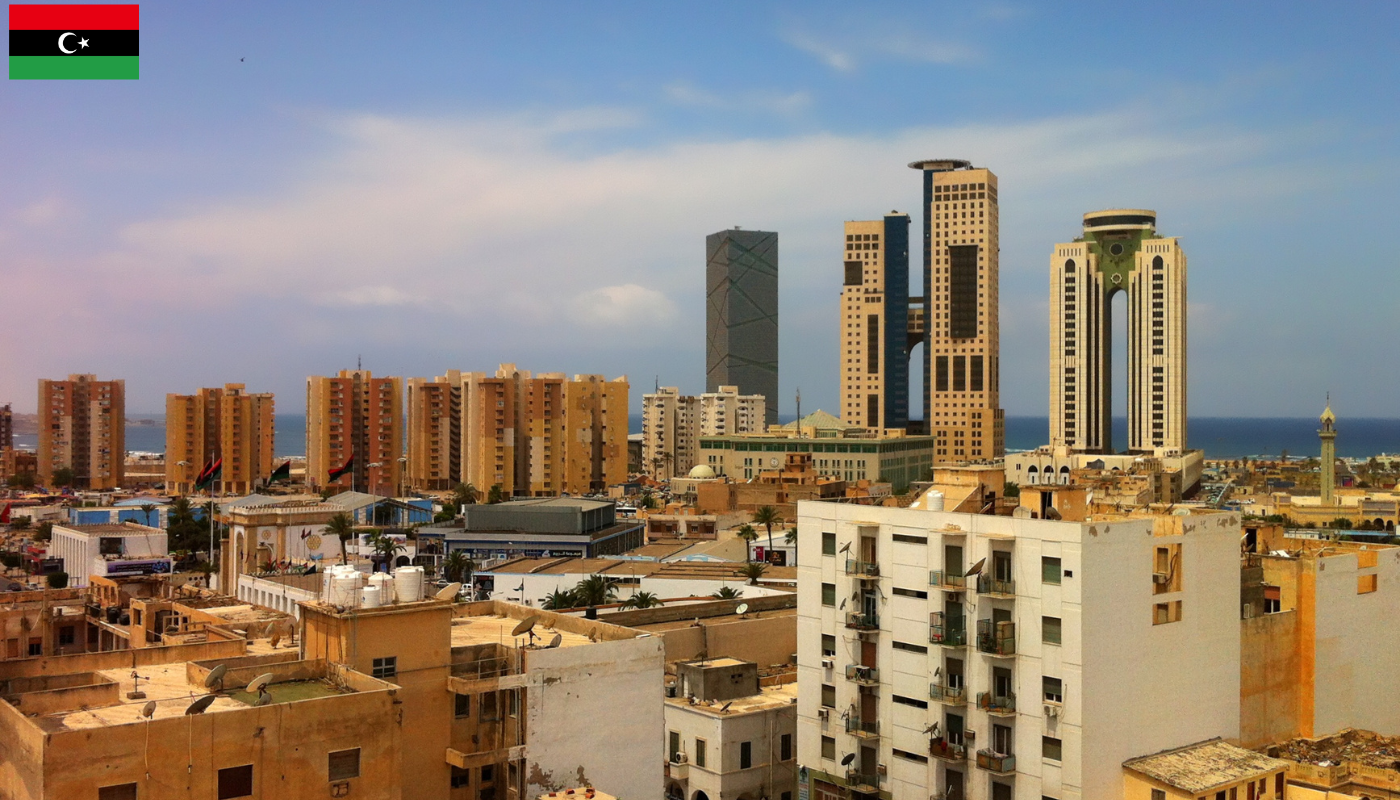Sheikh Osama Mustafa Al-Triky began his article by referencing the incident of a helicopter crash in the Almaya area of Wersheffana two months ago. He noted that, regrettably, some who are known as proponents of Sharia attempted to incite cities into conflict. However, the stance of the Misrata Military Council was commendable, aligning with the laws of Allah, and far from injustice or recklessness. The spokesperson stated that they refused to take action against Wersheffana unless the following steps were taken:
- An investigation into the causes of the helicopter crash.
- Identification of those responsible if the helicopter was intentionally downed.
- Taking action only if those involved refused to surrender voluntarily.
The Military Council did not decide to attack Wersheffana before conducting the investigation, as unjust people wanted; no mind or religion accepts such inverted logic.
Al-Triky added that he was pleased with this decision. “I then said that if we reached this level of good conduct and fairness by Allah’s guidance, may Allah guide us to apply it also with our Muslim brothers in Tawergha. Any Muslim who understands the principles of Islam or any sane person knowledgeable about justice will surely know that fairness means resettling the people of Tawergha in their city before investigating a crime, and anyone found guilty should be held accountable individually. If the aggrieved choose to forgive—which is better—we would do the same.”
He expressed disbelief at the logic that the people of Tawergha should remain homeless until investigations are complete and all issues resolved! He added, “I haven’t heard of this inverted logic in Islamic Sharia or any other system.” Sharia does not allow the eviction of the elderly and children from their homes without charges until investigations are completed.
Al-Triky continued, stating that after these long and painful years of suffering and humiliation for our neighbors in Tawergha, he calls upon his people in the dear city of Misrata and its Military Council to treat them according to the laws of Allah, opening the doors of mercy and forgiveness, allowing those willing to return to their homes without obstacles, and even helping those who may be unable to return; be it the state, their neighbors, or those who witness their suffering in cold weather and rain and cannot rest until they help them, fearing their prayers against the unjust.
“I spoke on Misrata Radio in June and July of 2011 in the programs ‘The Legacy of Prophethood’ and ‘The Returnees.’ I advocated for forgiveness after the fanaticism between Misrata and Tawergha and demanded the resettlement of the people of Tawergha and the application of retribution only against the guilty, noting that the door of forgiveness is open in the laws of Allah, the most gracious, the most merciful. But anger and excitement did not allow for responsiveness back then, so I left it all to the committees and talks to end the catastrophe. Years passed, and injustice increased while children grew up amid this injustice and pain. In all of this, I and others had nothing but words and advice, hoping that our efforts to stop injustice and show kindness to our neighbors would lead Allah to treat us kindly, unite the hearts of Libyans, and save our country from division and occupation. ‘Is there any reward for good—other than good?’ Allah said in the Quran (Ar-Rahman, 60).”
In his concluding thoughts, Sheikh Osama Mustafa Al-Triky emphasized the importance of reconciliation and the collective responsibility of the Libyan people to heal the wounds caused by the conflict. He urged all parties involved to prioritize compassion and justice, reminding them that the true essence of Sharia is rooted in mercy and fairness. Al-Triky called upon leaders, scholars, and citizens alike to actively participate in the resettlement efforts, ensuring that the displaced families of Tawergha, Al-Mashashia, and other affected communities are welcomed back with dignity and support. He expressed hope that these actions would pave the way for lasting peace and unity in Libya, setting a precedent for addressing future conflicts with wisdom and humanity.






